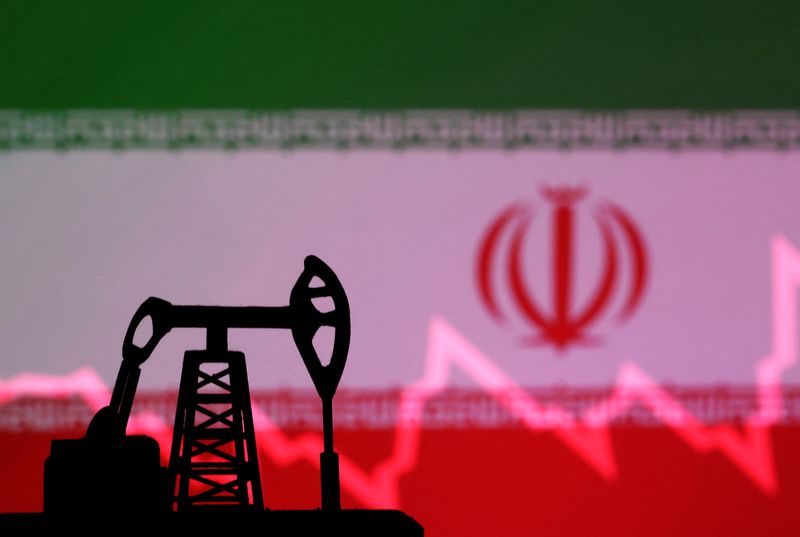Oil prices: What are the unintended consequences of destabilizing Iran?
- June 19, 2025
- Category: News

Investing.com - Crude oil prices have climbed higher in the week since Israel launched missile strikes on Iran, and with the Trump administration contemplating entering the conflict JPMorgan has warned of the unintended consequences of destabilizing the Iranian regime.
The war unleashed by Israel on Iran last week is far from the symbolic series of strikes and counter-strikes witnessed last year, which were largely aimed at deterrence and de-escalation, according to analysts at JPMorgan, in a note dated June 18.
Instead, it is a multi-faceted, sustained military campaign primarily targeting critical components of Iran’s nuclear program and ballistic missile capabilities, while also exerting significant pressure on the regime.
Additionally, Bloomberg reported Thursday that senior U.S. officials are preparing for the possibility of a strike against Iran by as soon as this weekend, although the situation still remains unclear.
A direct U.S. strike on Iran could mark a major escalation in the Israel-Iran conflict, with Tehran having warned of dire consequences if this were to be the case.
Yet, despite the high stakes, oil prices have remained relatively contained, up $10 since last Tuesday, before Israel’s attack.
At $75 a barrel, Brent oil is approximately $10 overvalued compared to its estimated fair value for June, the U.S. bank said, reflecting a 17% probability of a worst-case scenario, where supply impact extends beyond the short-term reduction in Iranian exports.
JPMorgan still thinks the risk of the Strait of Hormuz being closed is very low for several reasons, but primarily because it would be considered an act of war by the United States of America.
If history is a guide, the bank added, oil shocks from conflicts tend to be short-lived, but events involving a major regional oil producer tend to have a material impact on oil prices.
Regime changes in oil-producing countries—whether through leadership transitions, coups, revolutions, or major political shifts—can have a profound impact on the country’s oil policy, production, and global oil prices, in both the short and long term.
While demand conditions and OPEC’s spare capacity significantly shape the overall market impact, these events--JPMorgan assessed eight notable regime changes in oil-producing since 1979--typically lead to a substantial spike in oil prices, averaging a 76% increase from onset to peak.
Initially, oil prices rose by about 5% in the first month, but over a three-month period from the onset of the conflict, they averaged a 30% increase, eventually stabilizing at levels around 30% higher than pre-conflict levels.
Currently, the escalation of hostilities between Israel and Iran have seen global oil prices already 8% higher than before the conflict began, yet without any visible loss of Iranian crude oil supplies.
“If history serves as a guide, further destabilization of Iran could lead to significantly higher oil prices sustained over extended periods,” JPMorgan added.

